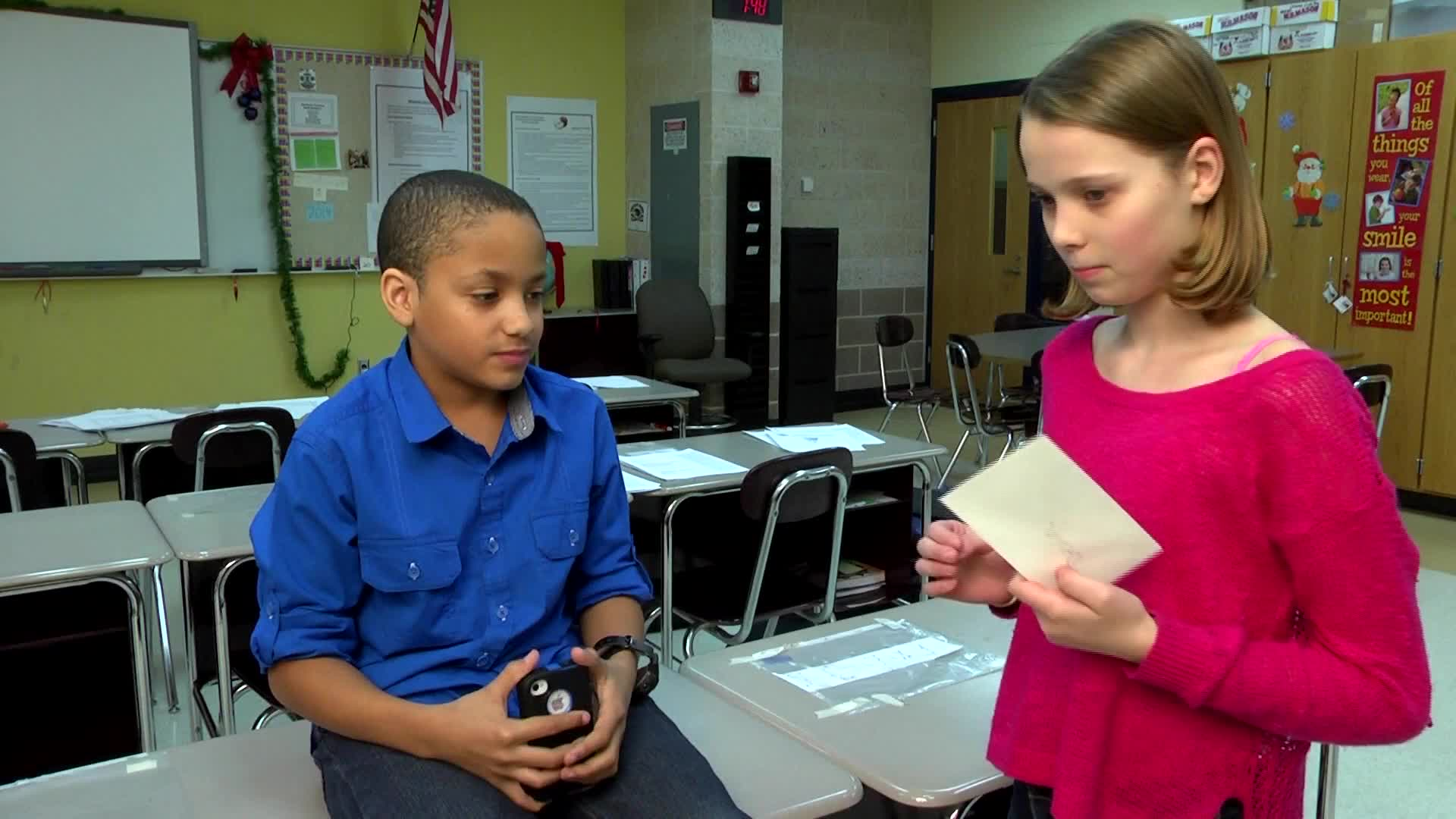
Introduction
Teaching students how to decline invitations politely is an essential skill for fostering positive relationships, respecting others’ feelings, and maintaining a healthy social life. In this blog post, we will explore the importance of this skill and provide educators with a no-prep activity, discussion questions, and additional resources to help students learn the art of politely declining invitations.
No-Prep Activity: The Polite Decline Role-Play
This activity requires no preparation or materials and is an excellent way for students to practice politely declining invitations in a safe and supportive environment.
- Divide the students into pairs.
- Ask one student in each pair to think of an event or activity they would like to invite their partner to (e.g., a birthday party, a playdate, or a study session).
- Have the other student practice responding to the invitation politely, even if they are unable to attend or do not wish to participate.
- Encourage the students to switch roles and repeat the process.
- After each pair has completed the role-play, bring the class together for a group discussion about their experiences and what they learned.
Discussion Questions
- Why is it important to be polite when declining an invitation?
- How can we show gratitude and appreciation for the invitation, even if we cannot attend the event?
- What are some phrases or words we can use to decline an invitation politely?
- How do you think the person extending the invitation might feel if we decline impolitely?
- Can you think of a time when someone declined your invitation politely? How did it make you feel?
Related Skills
Developing the ability to politely decline invitations is just one aspect of a broader set of social-emotional learning skills that students should develop. Other relevant skills include:
- Active listening and empathy
- Effective communication
- Assertiveness and setting boundaries
- Conflict resolution and problem-solving
- Self-awareness and emotional regulation
Next Steps
Teaching students to politely decline invitations is a crucial aspect of social-emotional learning that can have a lasting impact on their relationships and overall well-being. To further support your students in developing these skills, we encourage you to sign up for free samples of our skill-based activities and resources at Everyday Speech.

